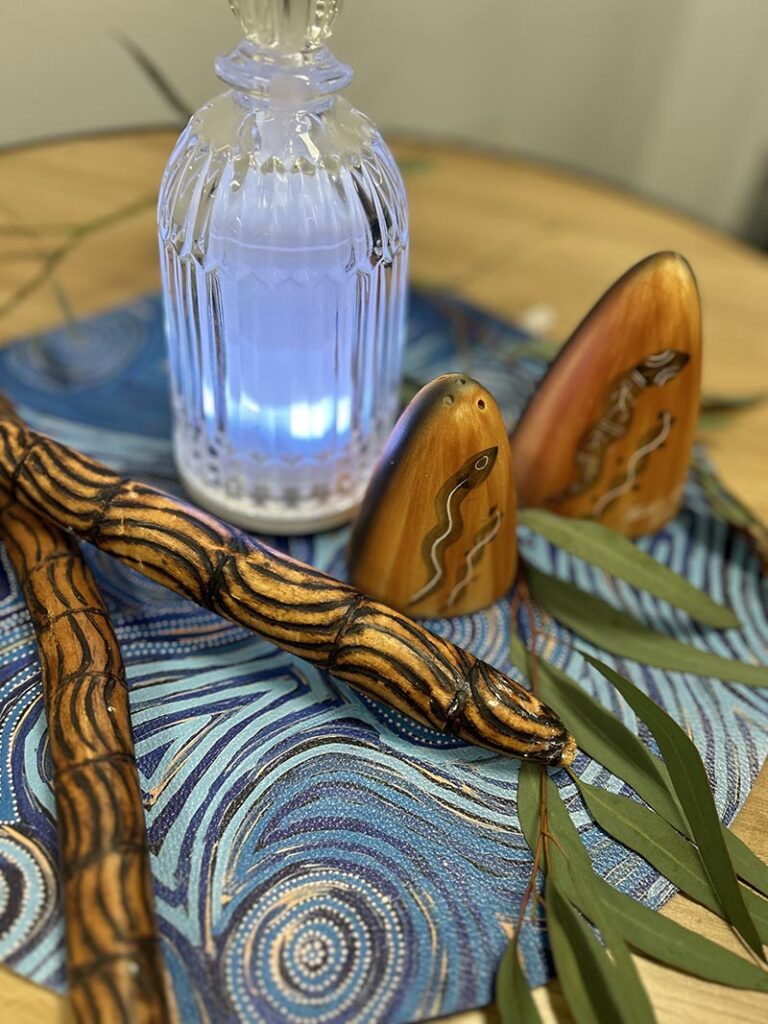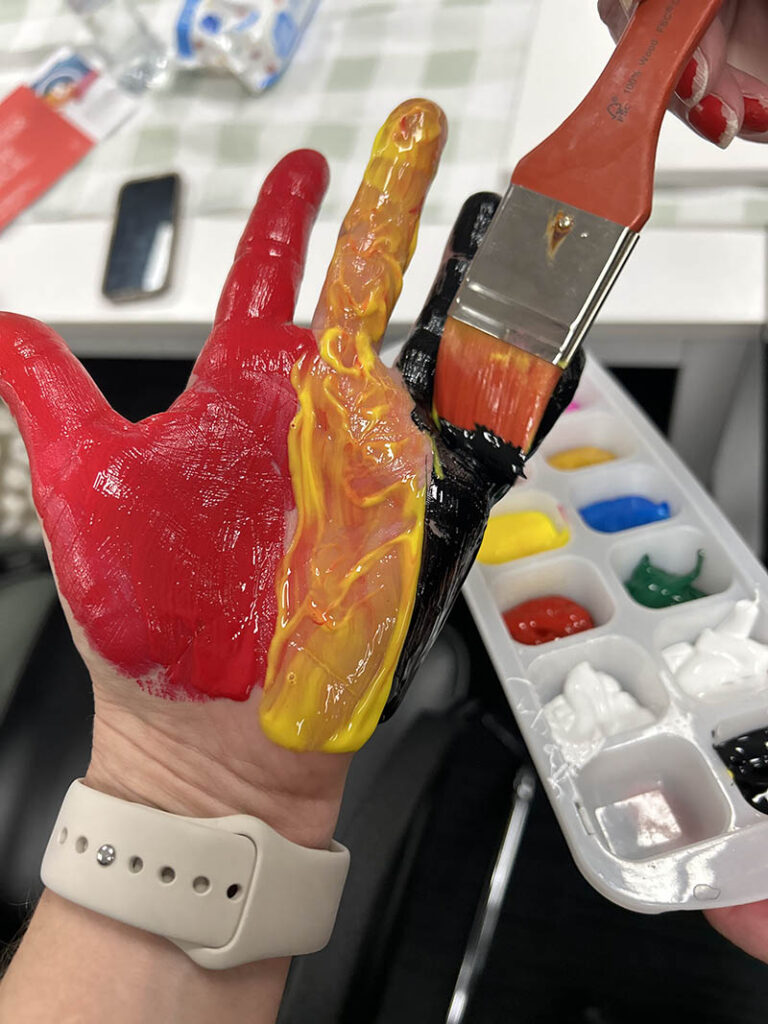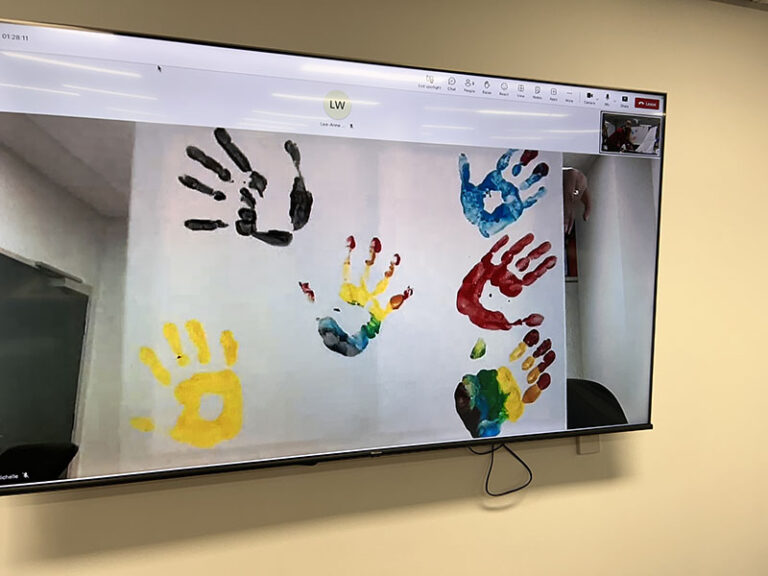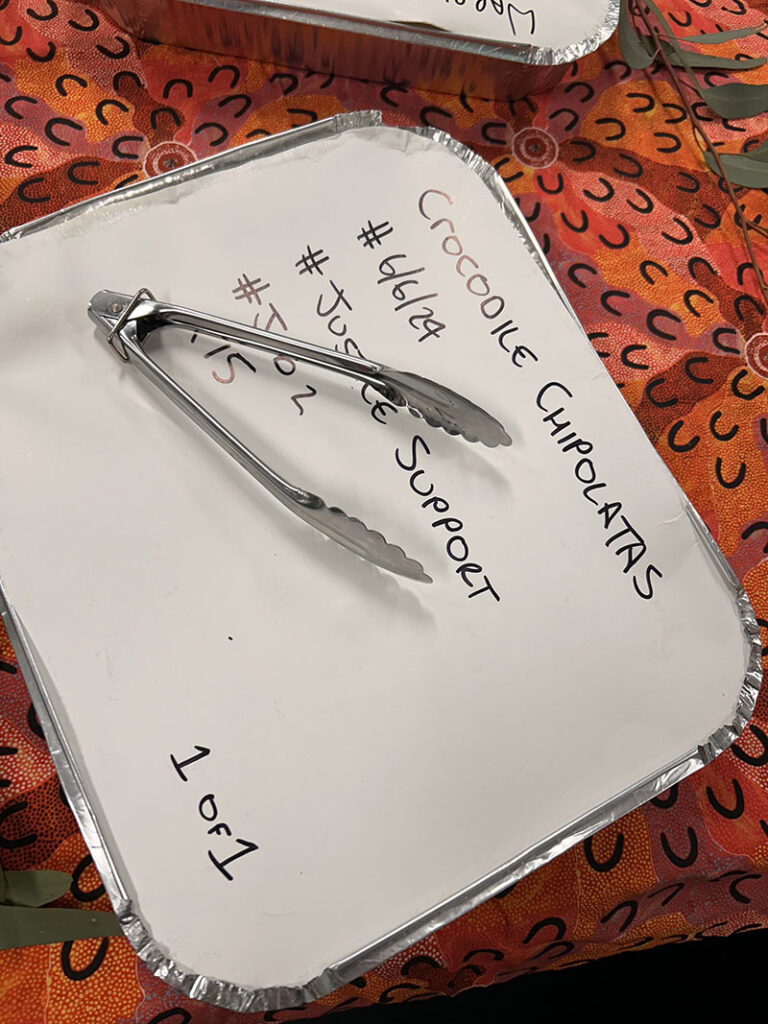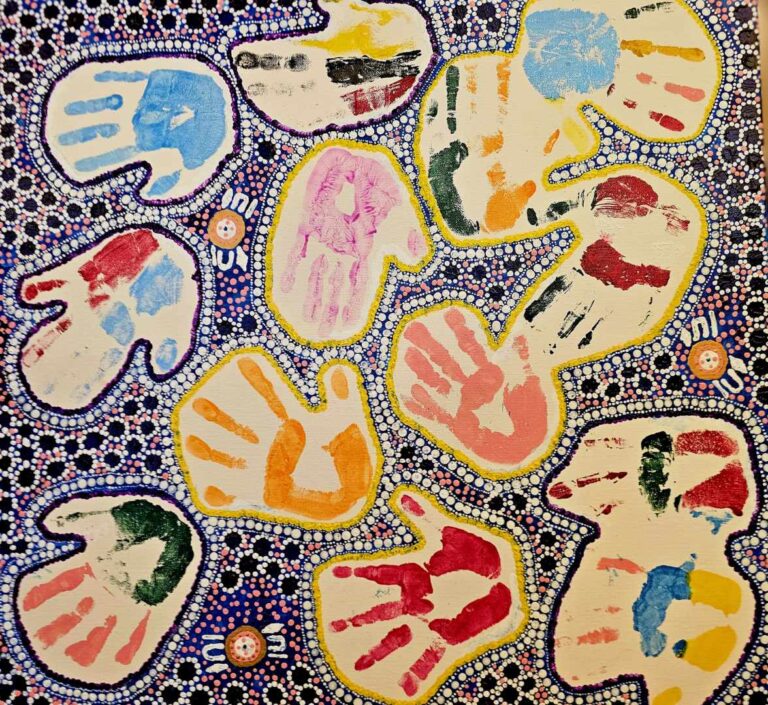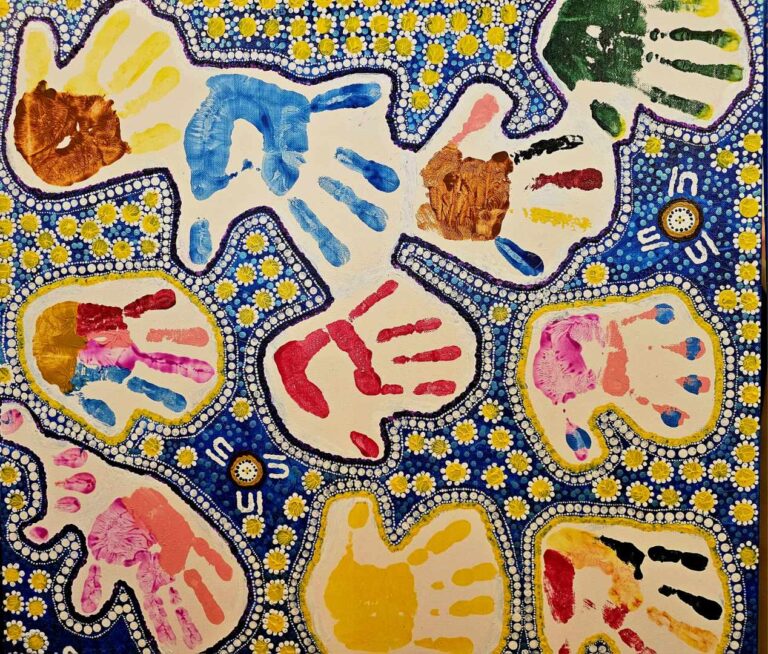Acknowledgement of country
Justice Support Centre proudly acknowledges the Traditional Custodians of the land on which we operate, the Cabrogal Peoples of the Darug nation, the Gadigal Peoples of the Eora Nation, as well as the Tharawal and Gandangara Nations. We acknowledge their continuing connection to the land, waters and community and pay our respects to their Elders past and present. We extend this respect to all Aboriginal and Torres Strait Islander Peoples.
Reflect RAP
Joining the national reconciliation movement Justice Support Centre believes that participating in the national reconciliation movement improves our capacity to serve our First Nations clients and achieve our organisational vision. Supporting our clients requires us to:
- understand the systematic injustices that affect First Nations communities and our First Nations clients
- continually improve the way we deliver culturally appropriate services to reflect the needs and experience of our First Nations clients
- support the decision making of First Nations communities and service providers on issues that affect them, through respectful collaboration with community-controlled organisations, appropriate referral processes and promoting First Nations voices in the sector.
Through this and future Reconciliation Action Plans (RAPs), we aim to pursue these goals and contribute to the national reconciliation movement in a structured and accountable way. In this Reflect RAP, we commit to scoping and developing relationships with First Nations stakeholders, deciding on our vision for reconciliation and exploring our sphere of influence.
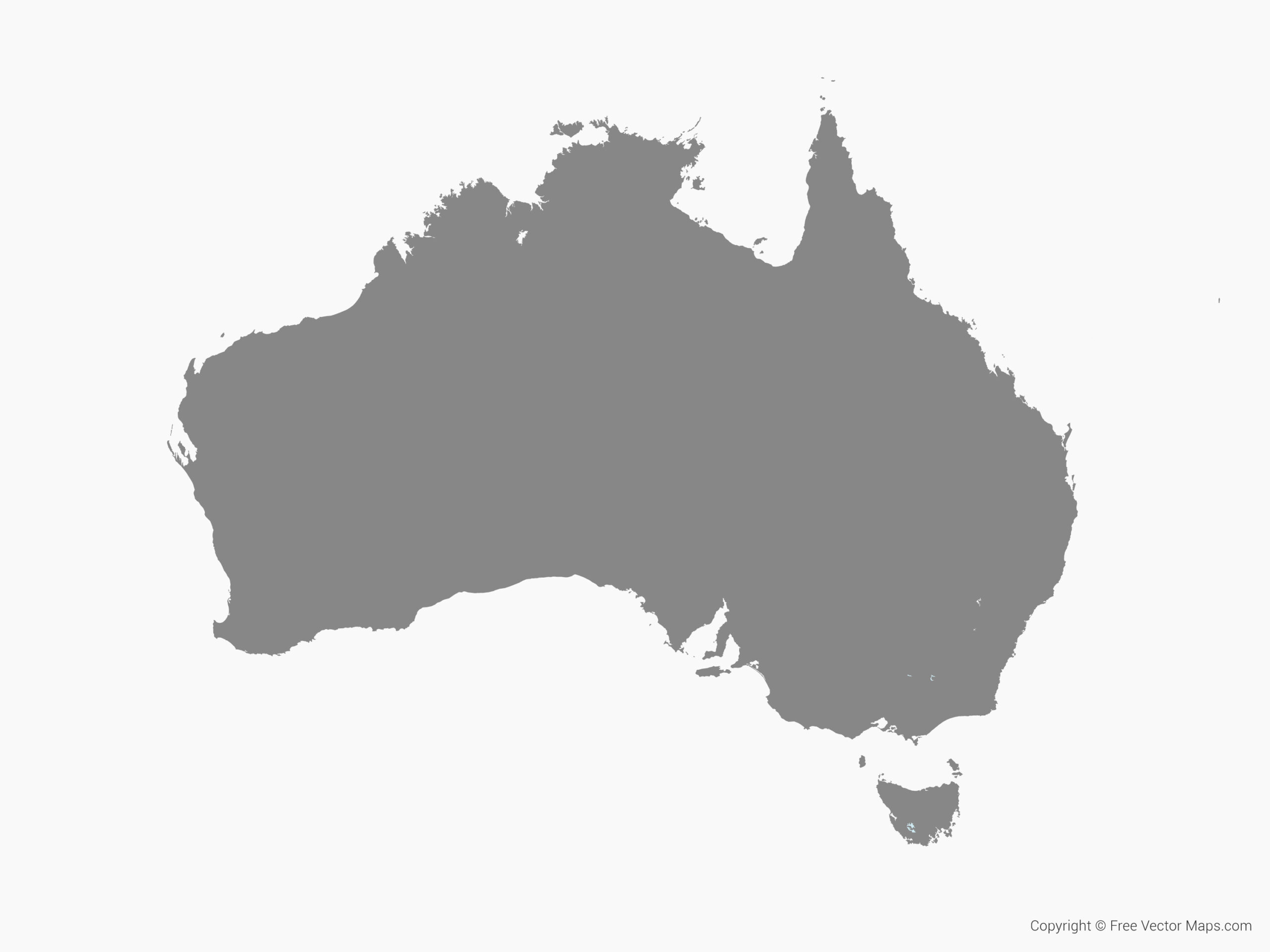
AIATSIS aboriginal map
The AIATSIS map serves as a visual reminder of the richness and diversity of Aboriginal and Torres Strait Islander Australia. It was created in 1996 as part of the Encyclopaedia of Aboriginal Australia project and attempts to show language, social or nation groups based on published sources available up to 1994.
Demonstrating respectful and inclusive language
Using respectful and inclusive language and terminology is an essential component of reconciliation. The ways we speak about reconciliation is just as important as the ways we act: language is itself active, and can impact on attitudes, understandings and relationships in a very real and active sense. While they are guidelines only, below are some recommendations for using respectful and inclusive language and terminology provided by Reconciliation Australia that we endeavour to abide by.
First Nations fact sheets
We want to help you understand more about your rights and how to navigate the legal system. You can find information and resources on this page that might answer some of your questions. If you need more
support, contact our legal services or our domestic and family violence services .
Committed to reconciliation
At Justice Support Centre we have a commitment to reconciliation. We participated in cultural learning activities throughout NRW and NAIDOC week in 2024 which were very engaging and informative. One of the activities included a coming together of team members to all place a painted hand onto a canvas symbolising unity. These canvases were then finished artistically by Uncle John with Aboriginal design and meaning who presented them to us at our AGM. Each painting can be seen in our gallery below and the meaning kindly provided by and thank you to Uncle John.
Female Painting (Purple colour accents)
Title: The Hands of Time
This is a way of how we can perceive in our society. This reflection is done by having handprints that reflect in the hands of justice and the hands of law, and the helping hand. Women and children are highly seen in cases of domestic violence and other attributes that women suffer from. It shows the barriers and complications that women go through to receive justice. The communications that go on in between, not only with Justice Support Centre but with other agencies that collaborate with domestic violence. These communications show how to service and help the women that are involved in situations that our society frown upon. This shows how we combat issues and problems that we have with domestic violence. To give women opportunities and ways to move forward into society that cares for all.
Male Painting (Blue colour accents)
Title: The Unseen Hand
This is a way of how we can perceive in our society. This reflection is done by having handprints that reflect in the hands of justice and the hands of law, and the helping hand. Men hardly or if at all, see any advice or services for domestic violence and seeing that it is a problematic situation for men for coming to terms over domestic violence upon themselves. Due to this lack of perceived action for men that are involved in domestic violence and children to receive the right advice for hands of justice. These barriers are some of the issues that men receive from society by saying this we need to look out for not only for the men and the women, most importantly for the children. To stop the cycle of domestic violence repeating in our society.
Sign up to our newsletter
our community and how you can get involved.

